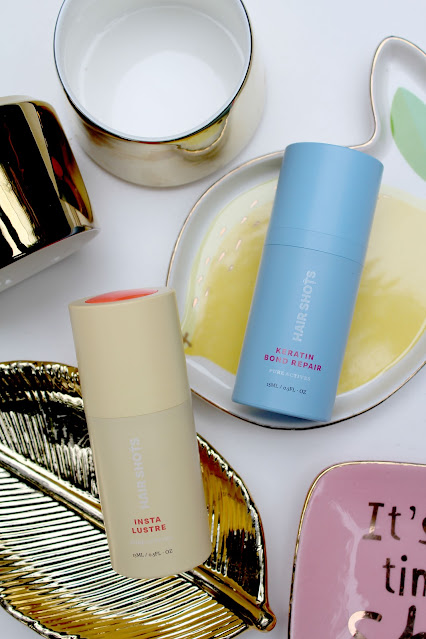PSA: Helping Your Pets Cope With Your Absence and Their Separation Anxiety
- Exercising - one of the major reasons that people got dogs during COVID! Now, imagine you've been going to the gym regularly, and suddenly, it shuts - what do you do? That's right! That's exactly what happened during COVID, and then people got dogs! See what I'm getting at? Now, not exercising can make us go bananas, and we love that post workout endorphin rush - makes me sleep like a log. This will help your dog snooze a little smoother and a little better, so make sure you're walking your pupper before you go off to work, and again when you get back. When it comes to cats, make sure you actively play with them. I know they sleep a lot (like, 16 hours a day a lot), but you still need to put in the hard yards to actually help burn off that additional bit of energy to prevent poor behaviours from cropping up.
- It's a puzzle - much like people, they like to stay engaged. Give them a food puzzle, or break up their routine with a bit of food from an automatic feeder, so it's not when they expect it. Cats would also benefit from this, and this may actually also slow down their eating, which may reduce regurgitation.
- Stay calm - I know we get really excited to see their little faces when we get back, and this applies to our departure too, but we have to stamp on that impulse so that we don't make it a 'thing'. This makes it harder for them to accept us leaving, so while it may feel like you're being mean, you're really doing something beneficial for them.
- Establish a new routine - As life changes, you have to set it up so that they can adapt to it. Make sure that you establish a new routine for them, so that they have time to change how they deal with what is new in their lives. Remember you don't speak the same language, so stay patient, and persist.
- Safety first - Check that you have a 'safe space' for your little one. It may be a crate, a bed, or a kennel, or a cat tree, but it should be somewhere they can head to when they don't want to be disturbed, and they can just relax. Make sure that you feed them and place their toys there, so that they can associate it with good vibes.
- Two's company - Remember that sometimes, you may need an extra set of hands, and that hiring a pet sitter can be very handy for your little one to help deal with their anxiety and fears. It can be immensely helpful while you're trying to navigate new waters for both of you, and can also significantly help to reduce your stress, and theirs.
It's also important that you provide them with environmental enrichment, and aside from things like play and food puzzle, a water fountain can help encourage drinking, which is good for urinary health. I know it can be tedious, and no one wants to think about change, but just remember, if you're procrastinating on tackling gradual change to make the transition easier for your pet, your pet probably doesn't want to think about you leaving him or her either, and you facing up to it will make things easier in the long run.
And that's my neat little nutshell! There's always going to be so much more to cover, but this is a good place to start. Will you be returning to the office, or are you able to continue working from home still, with your little buddy near you?
*These products were provided for editorial consideration








Comments
Post a Comment